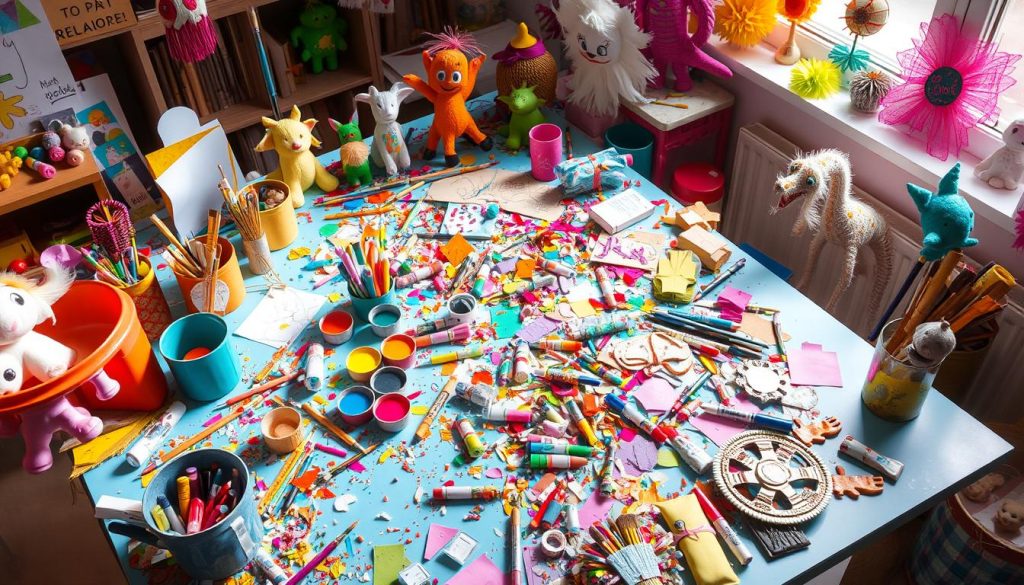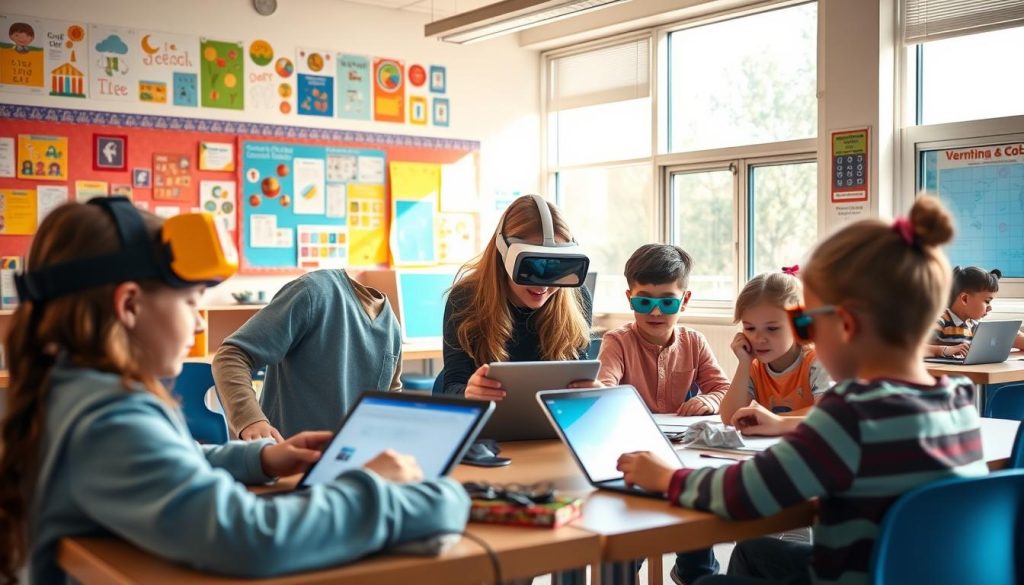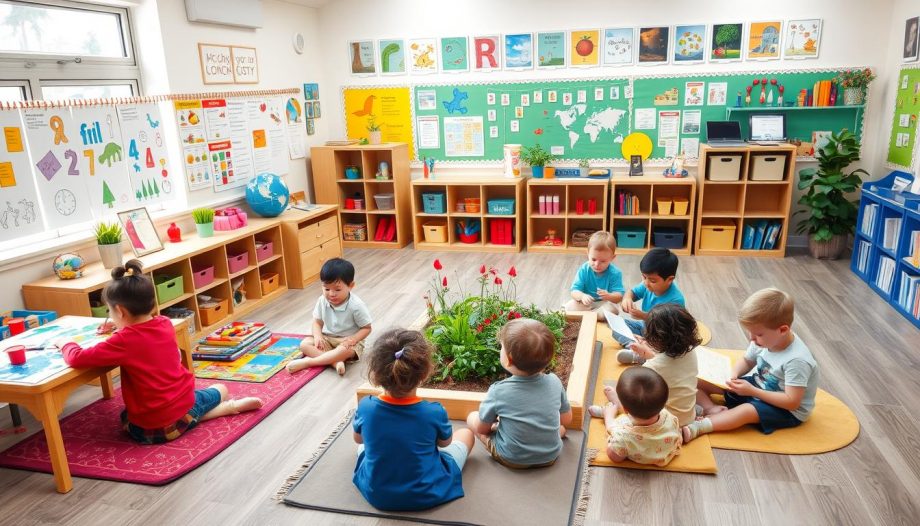At our fingertips lies a treasure trove of learning activities for kids that promise not only to educate but also to entertain. We know how important it is to create engaging learning experiences that can ignite a child’s curiosity and love for learning. By integrating fun educational activities into our daily routines, we can foster important skills like creativity, critical thinking, and collaboration. Research indicates that children who participate in interactive learning activities are more likely to develop a positive attitude toward education, making retention easier and more enjoyable. Together, let’s explore various dynamic activities that ensure our children are learning while they play.
Engaging Outdoor Learning Activities
Incorporating outdoor learning activities into our educational routines allows us to connect children with the environment. This interaction fosters a love for nature and promotes important skills. By engaging in activities such as nature scavenger hunts and outdoor science experiments, we provide dynamic experiences that enhance learning through exploration and discovery.
Nature Scavenger Hunts
Nature scavenger hunts present an entertaining way for kids to observe and explore their surroundings. These engaging activities encourage children to identify various plants, animals, and natural elements. We can create scavenger hunt kits or utilize templates from trusted sources like National Geographic Kids. Setting up these hunts in local parks or our backyards transforms simple walks into adventurous learning experiences.
Outdoor Science Experiments
Outdoor science experiments epitomize hands-on science experiments, making learning both fun and practical. Conducting experiments like planting seeds to observe growth or creating simple weather stations allows children to engage with the scientific method firsthand. Nature-based education thrives in these environments, as students witness real-life applications of their learning. Through these activities, we empower kids to ask questions, gather data, and draw conclusions while enjoying the great outdoors.
| Activity | Benefits | Materials Needed |
|---|---|---|
| Nature Scavenger Hunt | Enhances observation and categorization skills | Scavenger hunt list, bags for collection |
| Outdoor Science Experiments | Promotes understanding of scientific concepts | Seeds, soil, measuring tools, weather instruments |
Creative Arts and Crafts Learning Activities
Engaging in creative learning activities can significantly enrich children’s lives. Our focus is on children’s arts and crafts that not only allow kids to express their ideas but also help develop crucial skills such as fine motor coordination and critical thinking. Implementing DIY art projects enables kids to explore various materials while sparking their imagination and creativity.
DIY Art Projects That Spark Imagination
Through DIY art projects, children can immerse themselves in an environment that encourages exploration and self-expression. By incorporating different textures, colors, and materials, we can ignite their inner artist. Consider trying the following ideas:
- Painting with natural dyes made from fruits and vegetables.
- Creating collages from magazine cutouts and nature items.
- Building sculptures using air-drying clay and mixed media.
Crafting with Recycled Materials
Crafting with recycled materials aligns perfectly with our desire to foster eco-friendly projects. This approach not only encourages creativity but also teaches children about sustainability and resourcefulness. Here are some marvelous project ideas:
- Making bird feeders using empty plastic bottles.
- Constructing robots from cardboard boxes and bottle caps.
- Designing creative decorations from old newspapers and wrapping paper.

Learning Activities That Incorporate Technology
Incorporating technology in education opens up exciting avenues for interactive learning. We can leverage resources like educational apps for kids and online learning games to create engaging educational experiences. These tools not only enhance the learning environment but also cater to different learning styles and paces, making education more personalized.
Interactive Educational Apps
Many educational apps for kids have gained popularity for their ability to foster skill development through fun and engaging activities. For example, platforms like ABCmouse and Khan Academy Kids provide age-appropriate content that makes learning enjoyable. These apps often include:
- Personalized learning paths tailored to each child’s needs
- Interactive quizzes that reinforce concepts
- Progress tracking that helps parents and educators gauge improvements
Online Learning Games for Kids
Online learning games offer an interactive way to reinforce knowledge through play. These games blend fun with education, making topics like math, reading, and science more accessible. Popular examples include Prodigy Math and PBS Kids Games. The benefits of these online learning games include:
- Engagement through gamification, encouraging kids to learn while having fun
- Immediate feedback that helps children understand their mistakes
- Increased motivation to tackle challenging subjects

Learning Activities for Critical Thinking Development
Fostering critical thinking skills in our children is essential for their growth and future success. Engaging them in various problem-solving activities not only stimulates their minds but encourages a sense of curiosity and exploration. One effective way to develop these cognitive skills is through interactive puzzles and logic games, which challenge kids to think analytically while having fun.
We can create an enriching environment at home or in the classroom by incorporating hands-on activities that encourage critical thinking. For instance, setting up simple science experiments requires children to hypothesize, analyze results, and draw conclusions. This type of engagement stimulates cognitive development in children, allowing them to connect theoretical knowledge with practical experience.
Additionally, discussions that promote articulation of reasoning can significantly enhance our children’s confidence in their thought processes. By asking open-ended questions and encouraging them to explore their ideas, we help them develop stronger reasoning abilities. As we facilitate these experiences, we can ensure that our kids not only learn but thrive in their understanding of the world around them.





